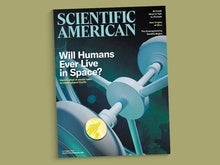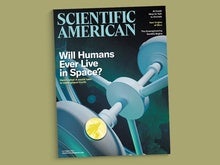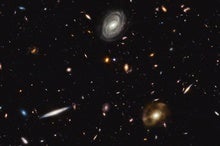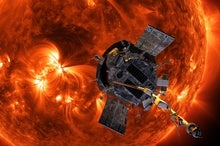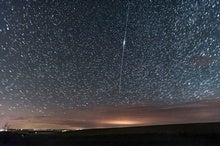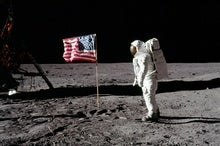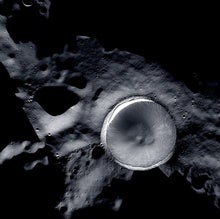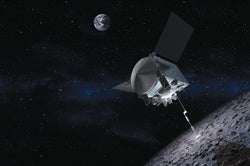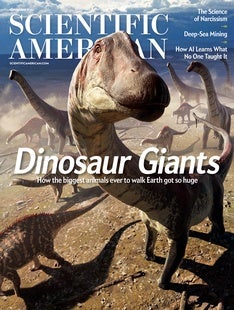 |
| September 21, 2023 |
This week, we are—or I am, at least—saying "never say 'never.'" Our lead story is also on the cover of Scientific American's latest (and freshly redesigned!) print edition, and makes a thorough, thought-provoking argument for why we'll never live in space. Personally speaking, I wouldn't bet on our becoming truly extraterrestrial anytime soon. But I wouldn't bet against it, either. "Never," after all, is a very strong statement to make, extending as it does into the unknowable depths of eternity. But enough about my opinions; read the article, then share what you think! Elsewhere, we have stories on strangely discordant black holes, next steps in NASA's studies of unidentified anomalous phenomena, spacecraft-smacking solar outbursts, and much more. Be sure to also read this week's blast-from-the-past "From the Archive" selection, which in 2016 offered an expert-authored overview of the OSIRIS-REx asteroid sample return mission now slated to drop its precious payload back on Earth this Sunday, circa 11am Eastern Daylight Time. |
| | Lee Billings, Senior Editor, Space & Physics
| |
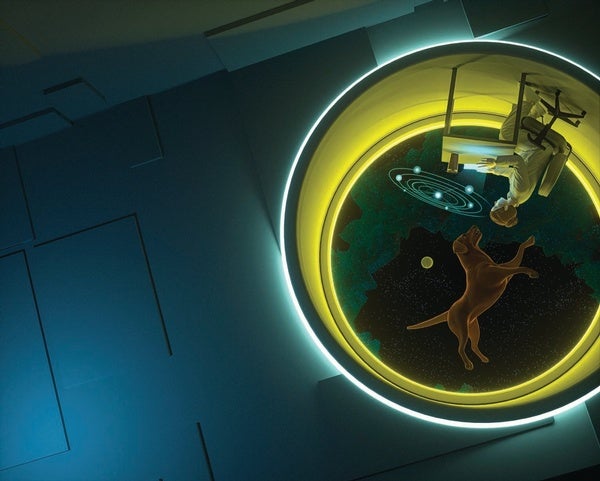 |
| Space Exploration Why We'll Never Live in Space Medical, financial and ethical hurdles stand in the way of the dream to settle in space By Sarah Scoles | |
| |
| |
| |
| |
| |
| |
| |
| Astronomy Can You Spot a Satellite? Thousands of spacecraft circle Earth. Seeing them from the ground is surprisingly easy—and a lot of fun | | | | |
| |
| |
| |
| |
| Climate Change It's Time to Engineer the Sky Global warming is so rampant that some scientists say we should begin altering the stratosphere to block incoming sunlight, even if it jeopardizes rain and crops | | | | |
| |
FROM THE ARCHIVE
 | | To Bennu and Back The OSIRIS-REx probe's journey to the asteroid Bennu will answer questions about our deepest past and possible futures By Dante S. Lauretta | August 2016 | | |
LATEST ISSUES
 |
| |
| Questions? Comments?  | |
| Download the Scientific American App |
| |
| |



